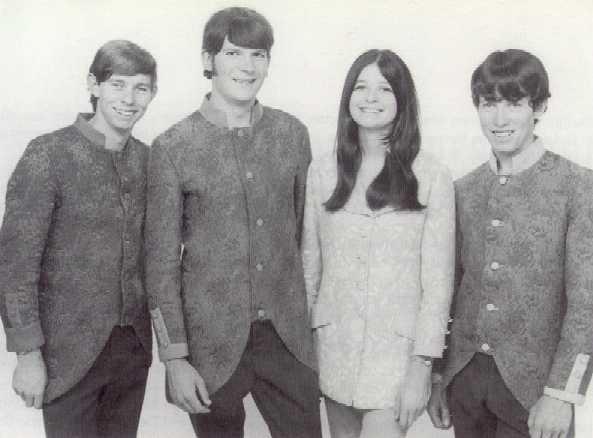
Graham Brown, Rob Aicken, Gaye Brown and Ron Brown.
Clevedonaires

Graham Brown, Rob Aicken, Gaye Brown and Ron Brown.
Line-Up:
Ron Brown (Lead Guitar)
Gaye Brown (Bass Guitar)
Graham Brown (Drums)
Milton Lane (Rhythm Guitar)
The three Brown children grew up on their parents farm in Clevedon, just south of Auckland. They all studied music and began to play together before adding another local, Milton Lane to their line-up. Milton played rhythm guitar and they called themselves the Clevedonaires.
After a few months, Rob Aicken took over from Milton. Playing lightweight folksy music, they did covers of the Seekers, Donovan and the Byrds. Most of the time they played at church halls and school dances around the South Auckland area.
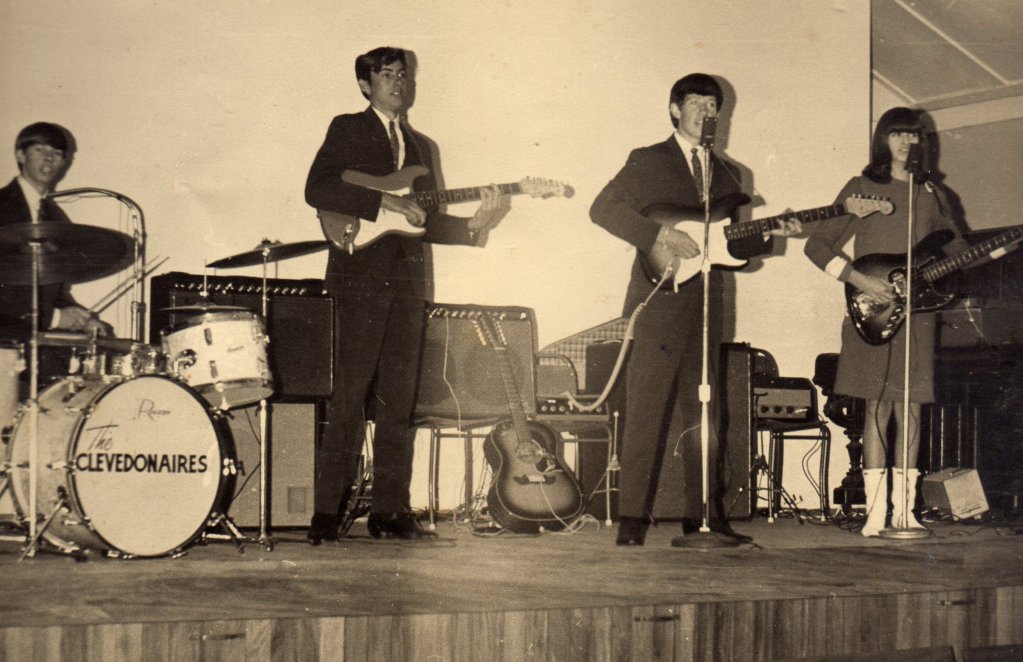
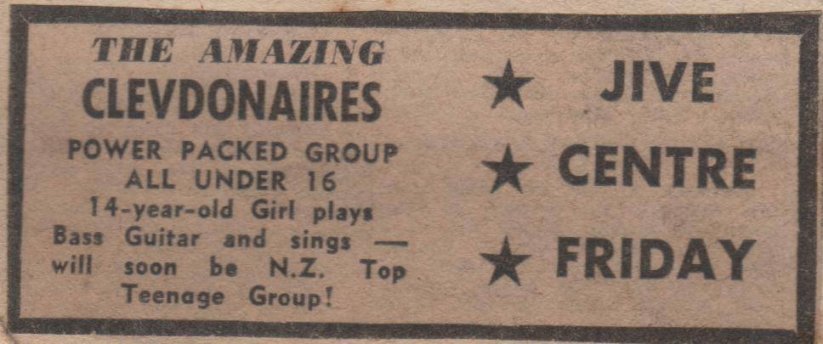
By 1965 they had changed their style and were then covering hits by the Who, the Small Faces and the Beatles. Gaye had now started playing organ, which allowed Rob to take over the bass guitar. Work was soon found in the city and they started playing their way around the club circuit.
In 1966 they released their first recording on the Impact label called "How You Lied"/"Rooftops And Chimneys". 1967 saw two more singles, "He's Ready"/"Lost Women" and "Funny How Love Can Be"/"Don't Ask Me What To Say". To promote them, the band appeared on TV shows, "The We Three Show" and "C'Mon".
A final single, "Sunny Goodge Street"/"Up The Wooden Hills To Bedfordshire" was released in 1968, just prior to the group departing for Australia.
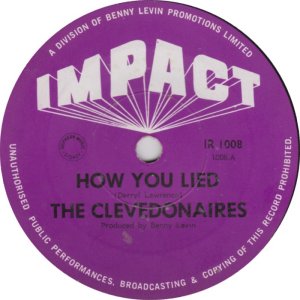
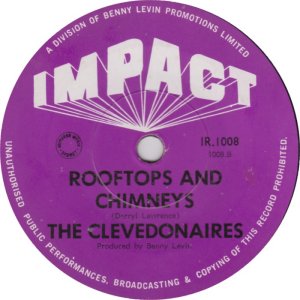
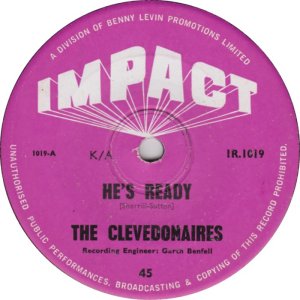
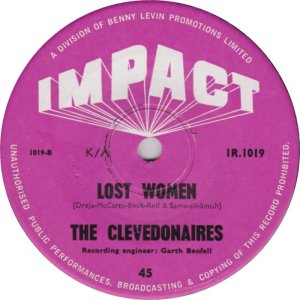
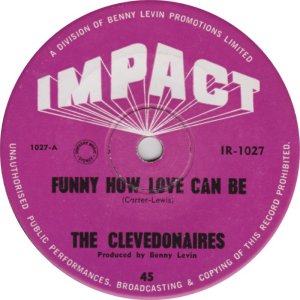
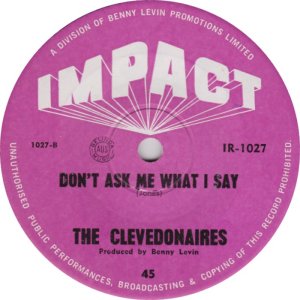
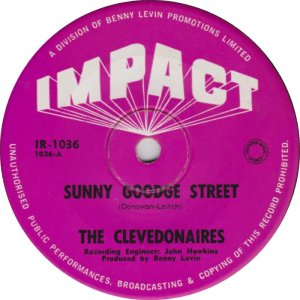
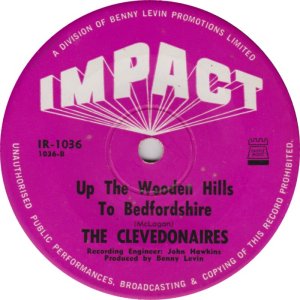
On arrival in Australia they shortened their name to the Cleves. Their was plenty of work around Sydney and during the next three years they were working solidly around Australia, at one stage having Vince Maloney (ex Bee Gees) in their line-up.
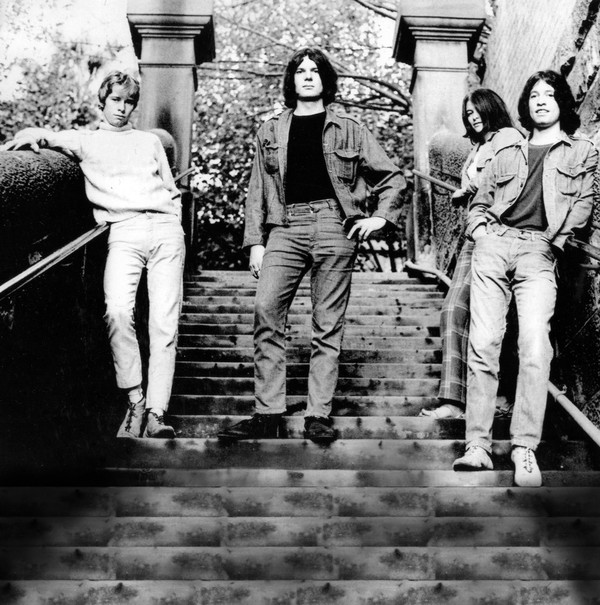
From 1968 to 1970 they recorded three singles, "Tintookies 2000"/"Endings Happy", "Sticks And Stones"/"Don't Turn Your Back" and "You And Me"/"Cassie" for Festival, along with two EP's, "A Taste Of Energy" and "Music From Michael" in 1970 and an album "The Cleves" in 1971.
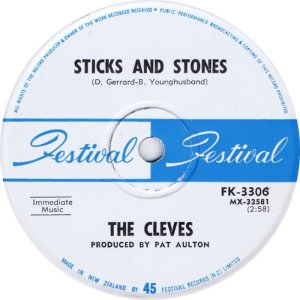
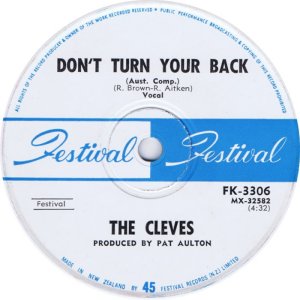
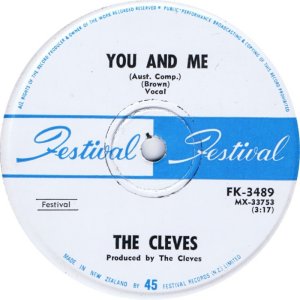
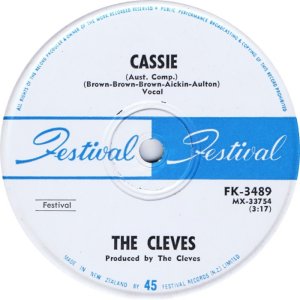
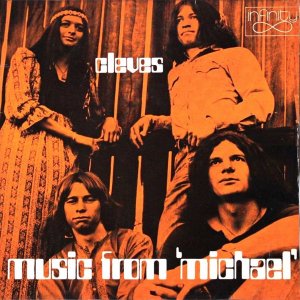
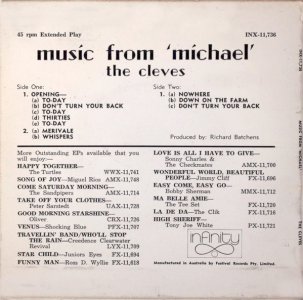
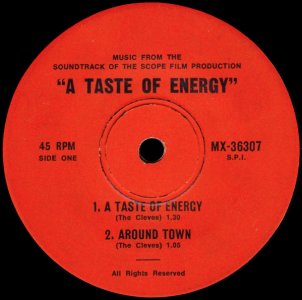
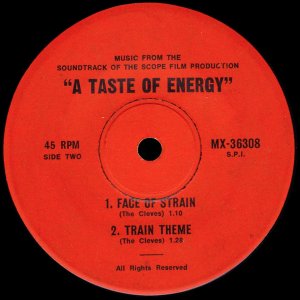
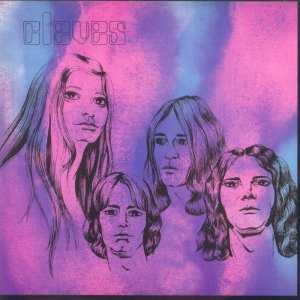
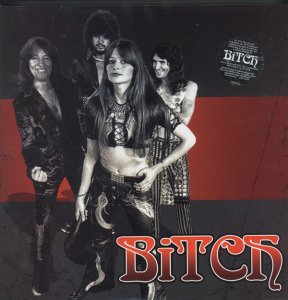
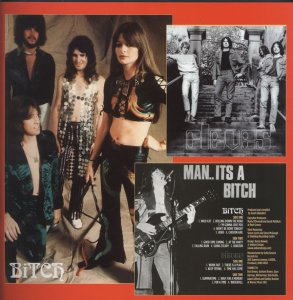
In 1970 they won the Golden Stylus Award for arrangement/composition for a Coke commercial.
The band moved to England in 1971, at which point Graham decided to return to New Zealand and was replaced by Aussie drummer Ace Follington (ex Chain and Country Radio). At this time they renamed themselves to Bitch. They recorded three singles while over there and regularly promoted their songs with tours throughout the UK and Europe. The three singles were "Laughing"/"House Where I Live" in 1971, "Good Time Coming"/"At The Party" in 1973 and "Wildcat"/"I'm Gonna Love You" also in 1973. Gaye also recorded a solo single "Let A Little Love Come In"/"Minstrel Song" on the Anchor label in 1974. None of the singles were commercially successful.
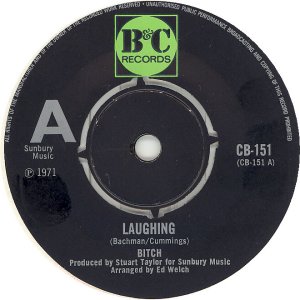
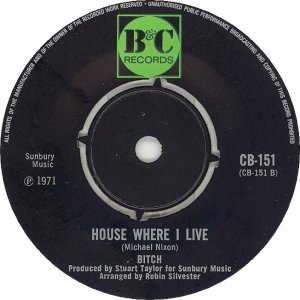
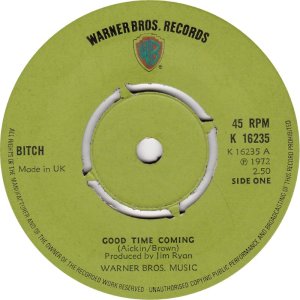
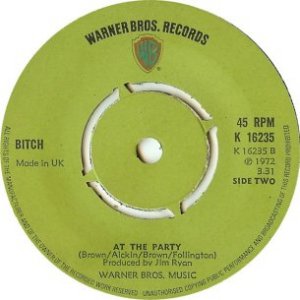
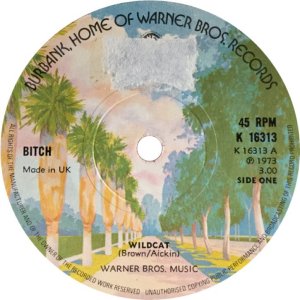
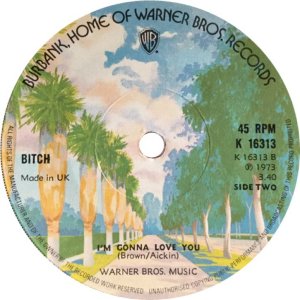
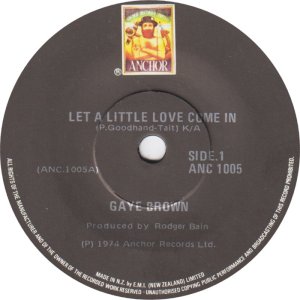
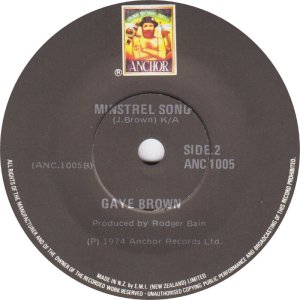
The Clevedonaires, Cleves and Bitch can also be found on the following compilations.